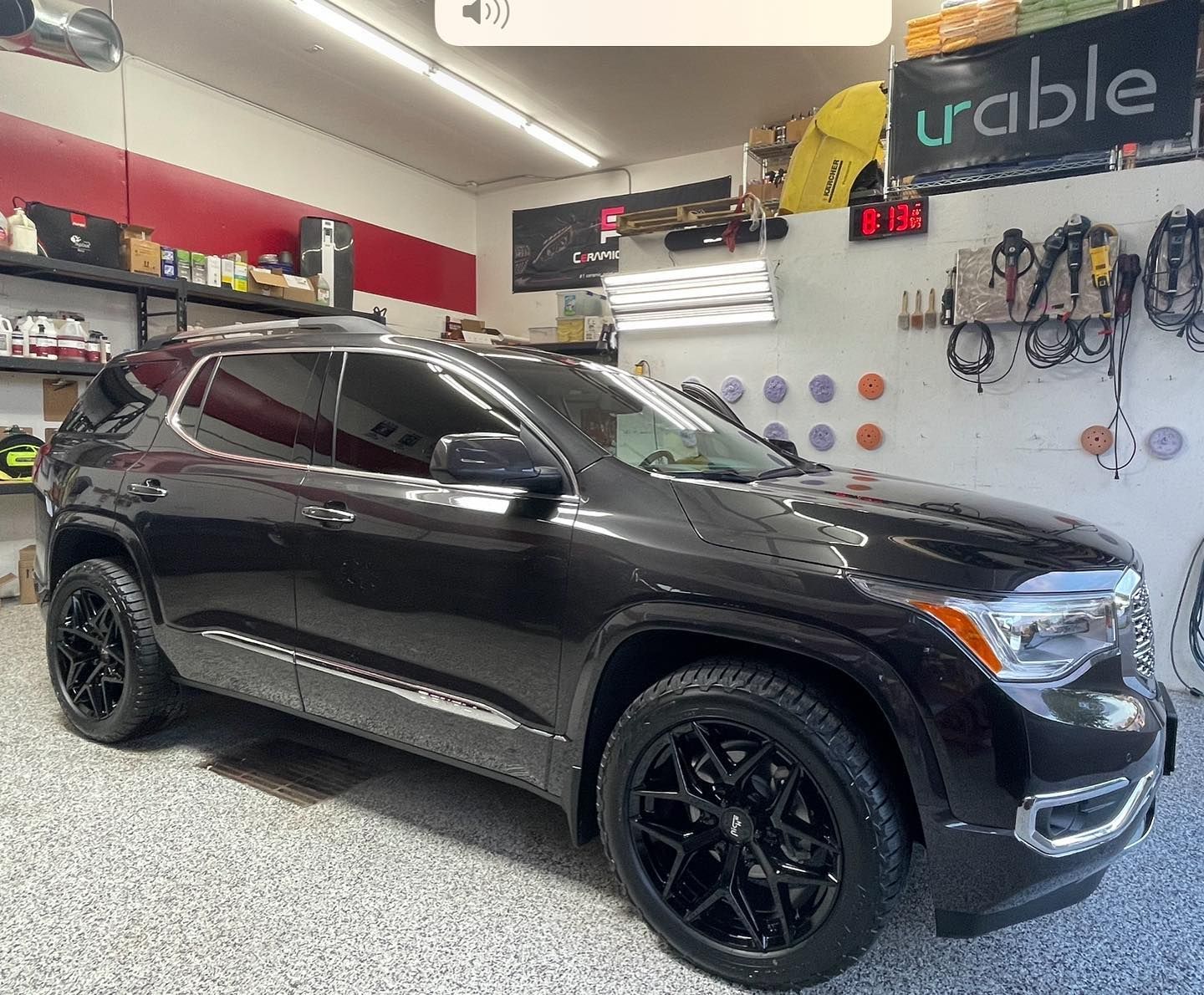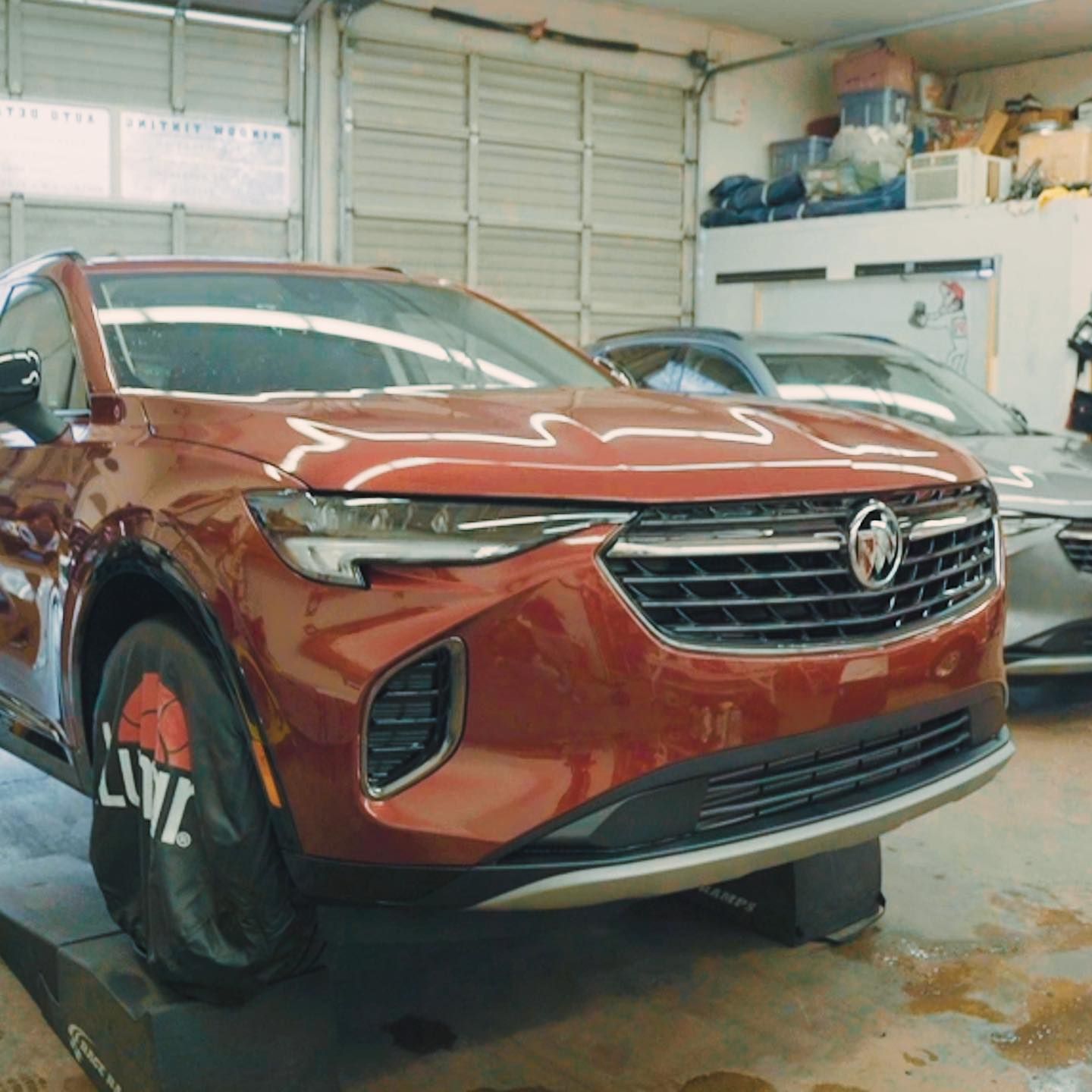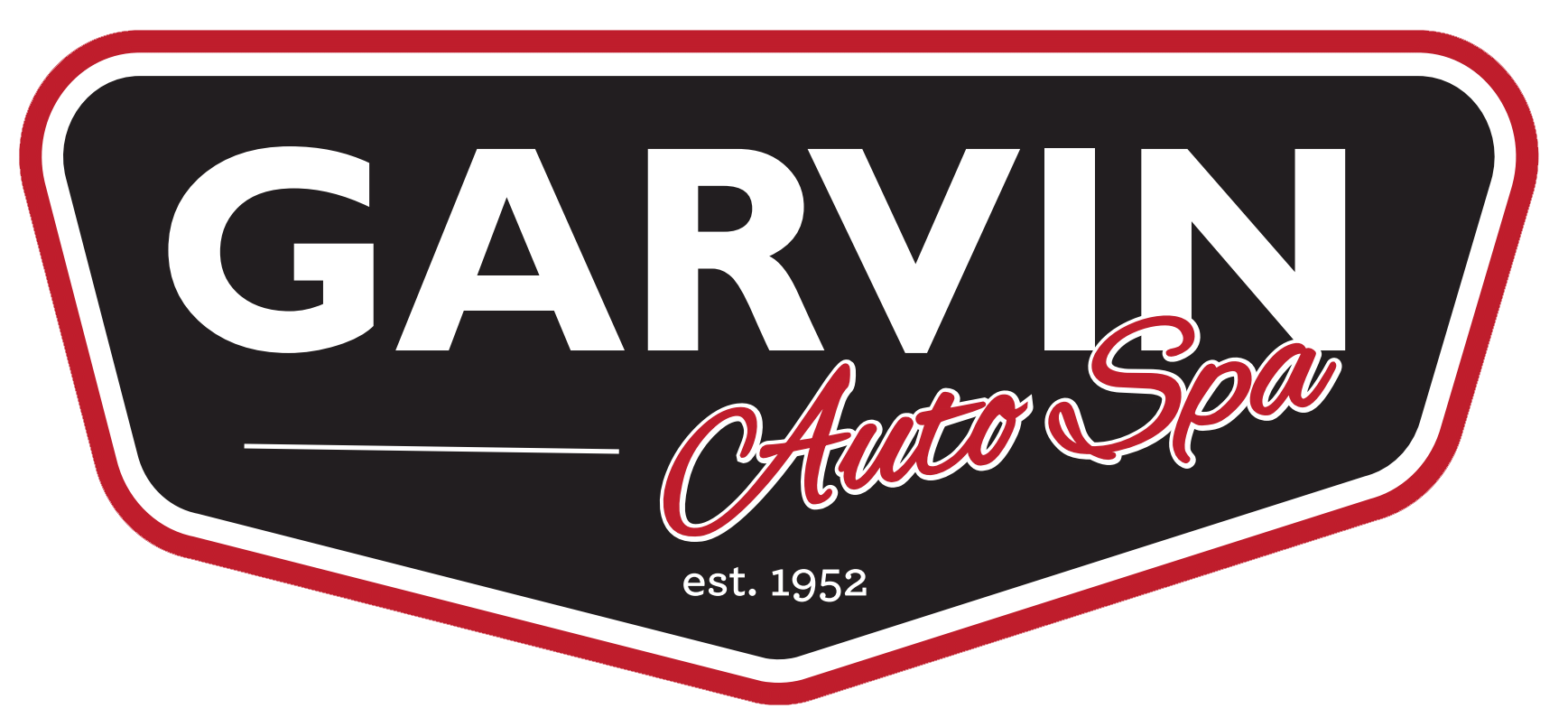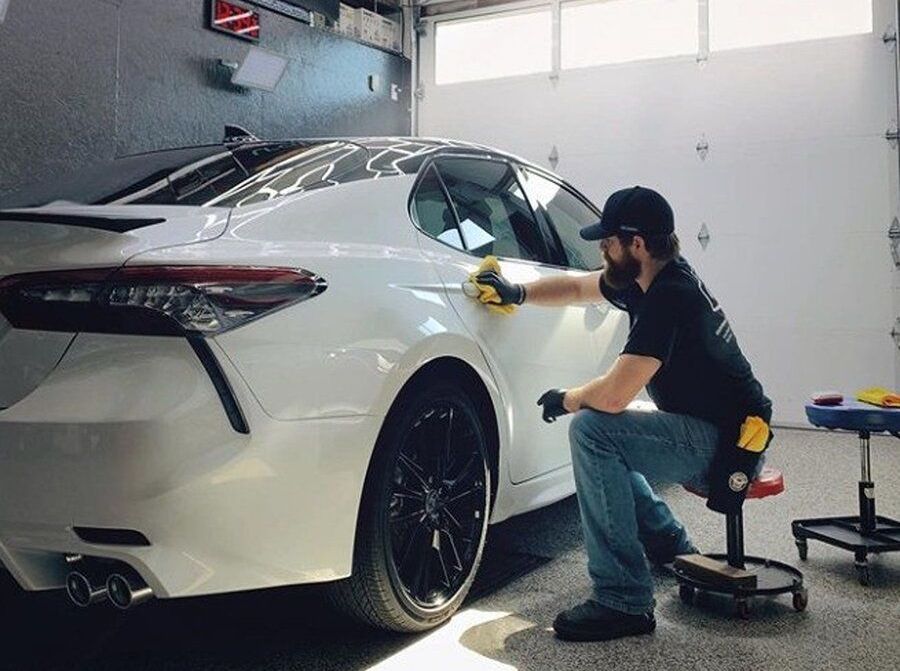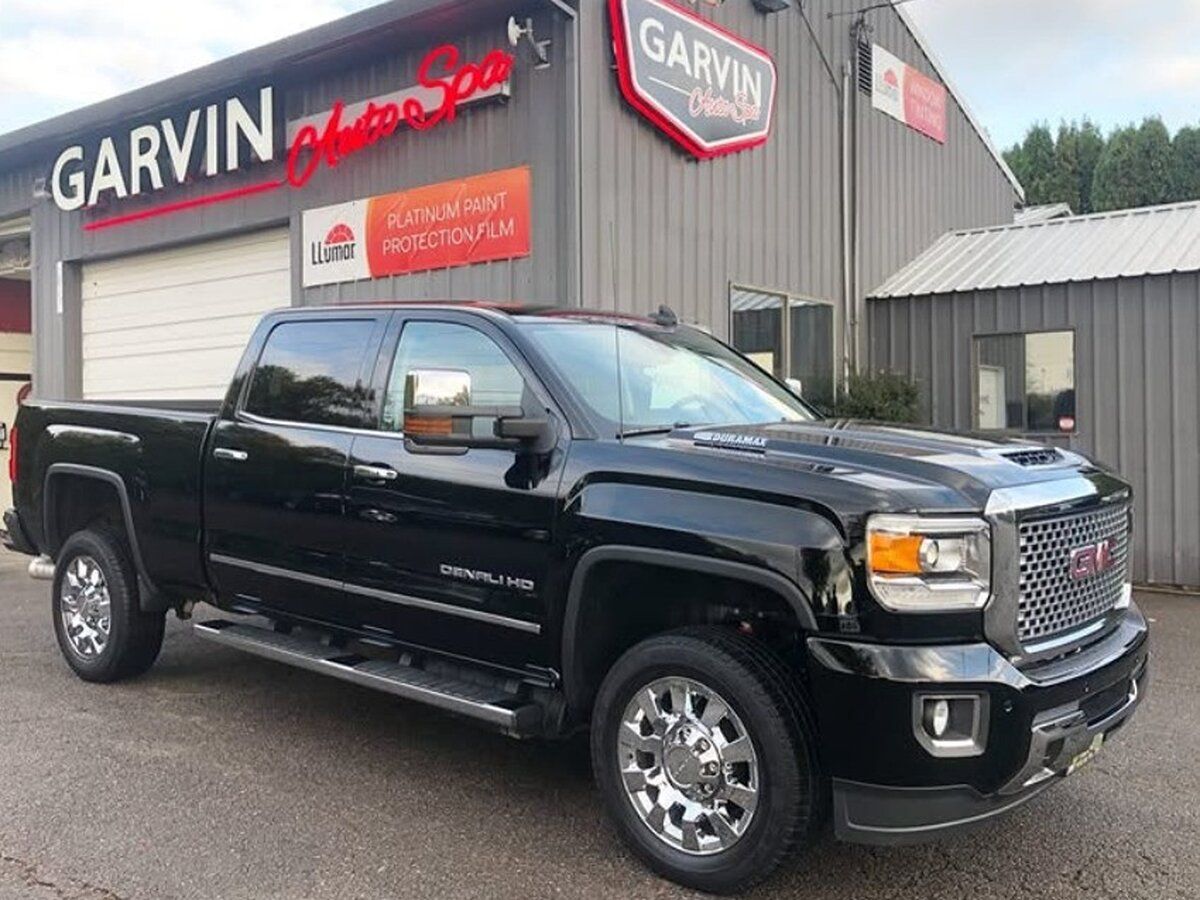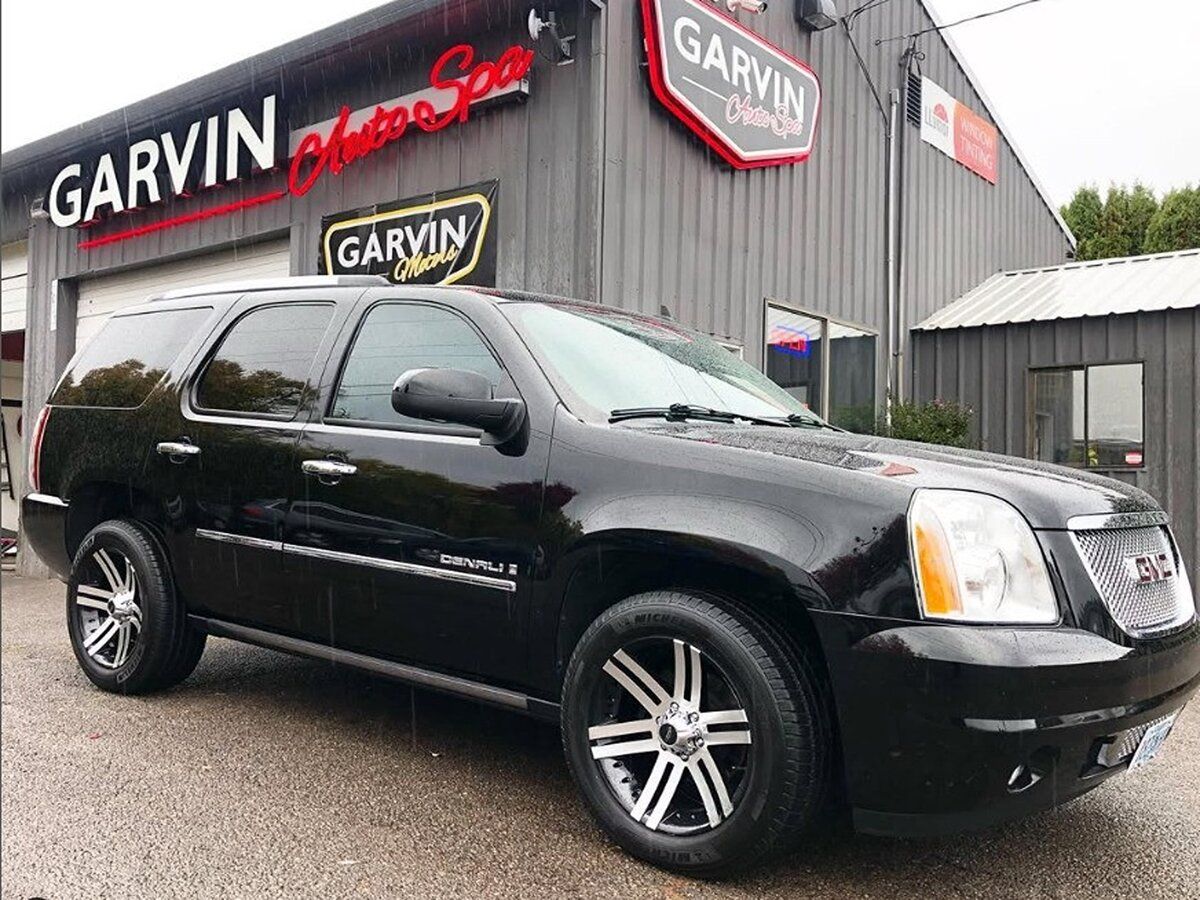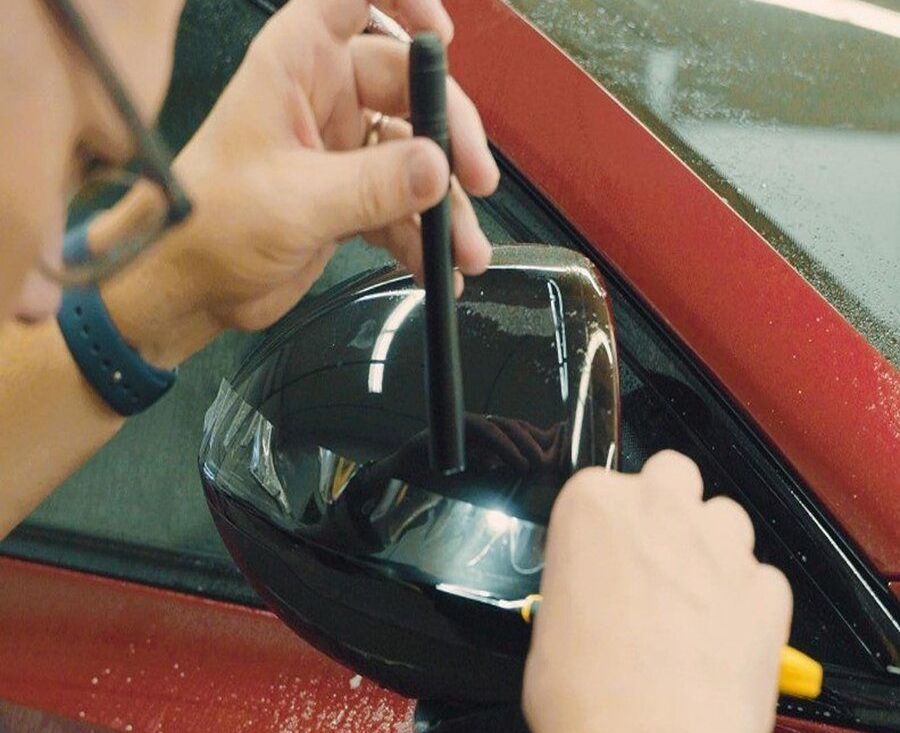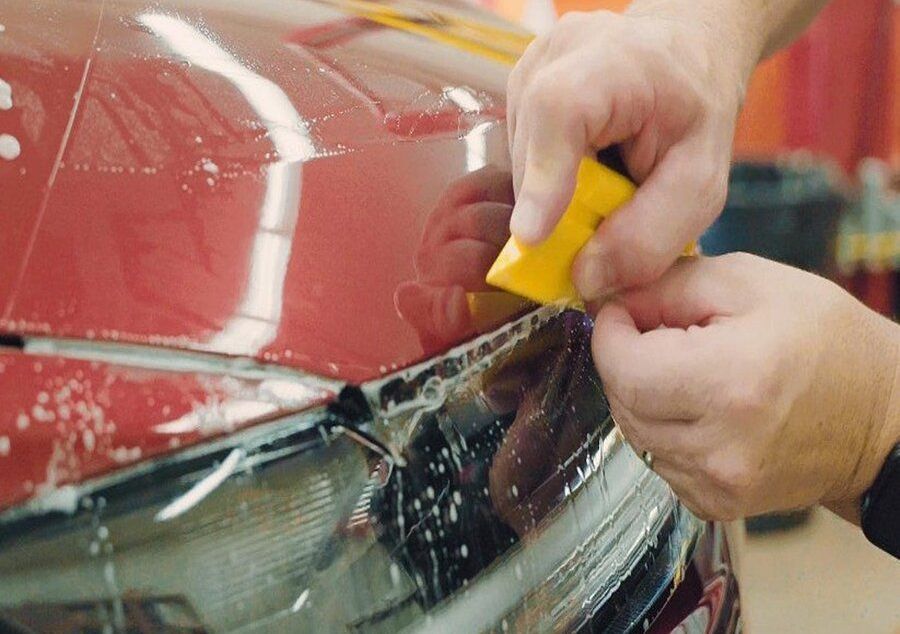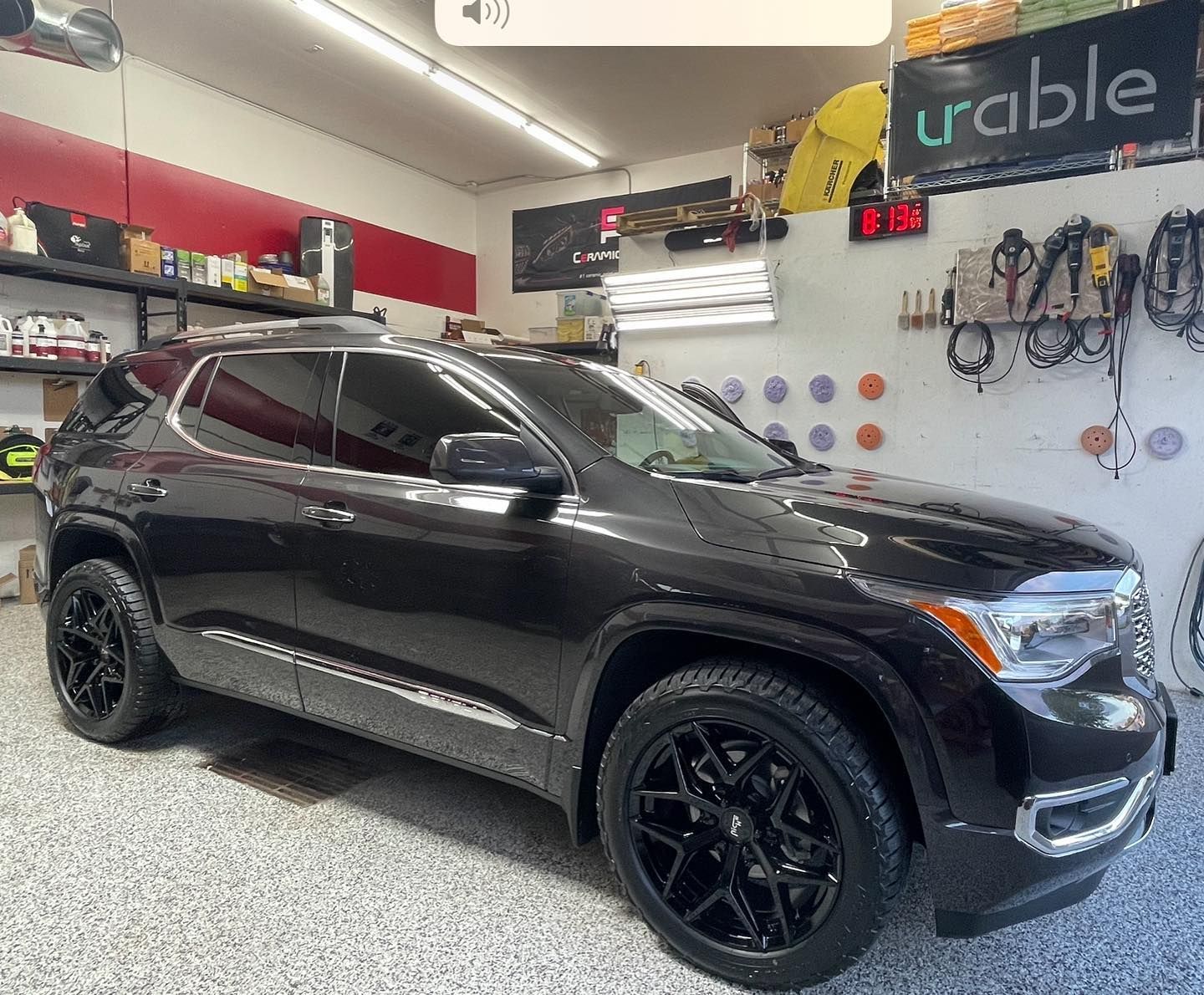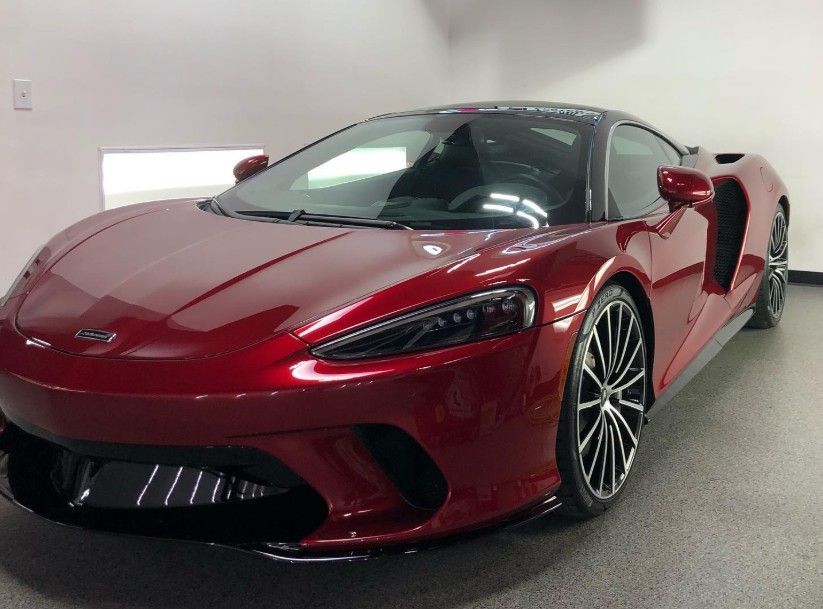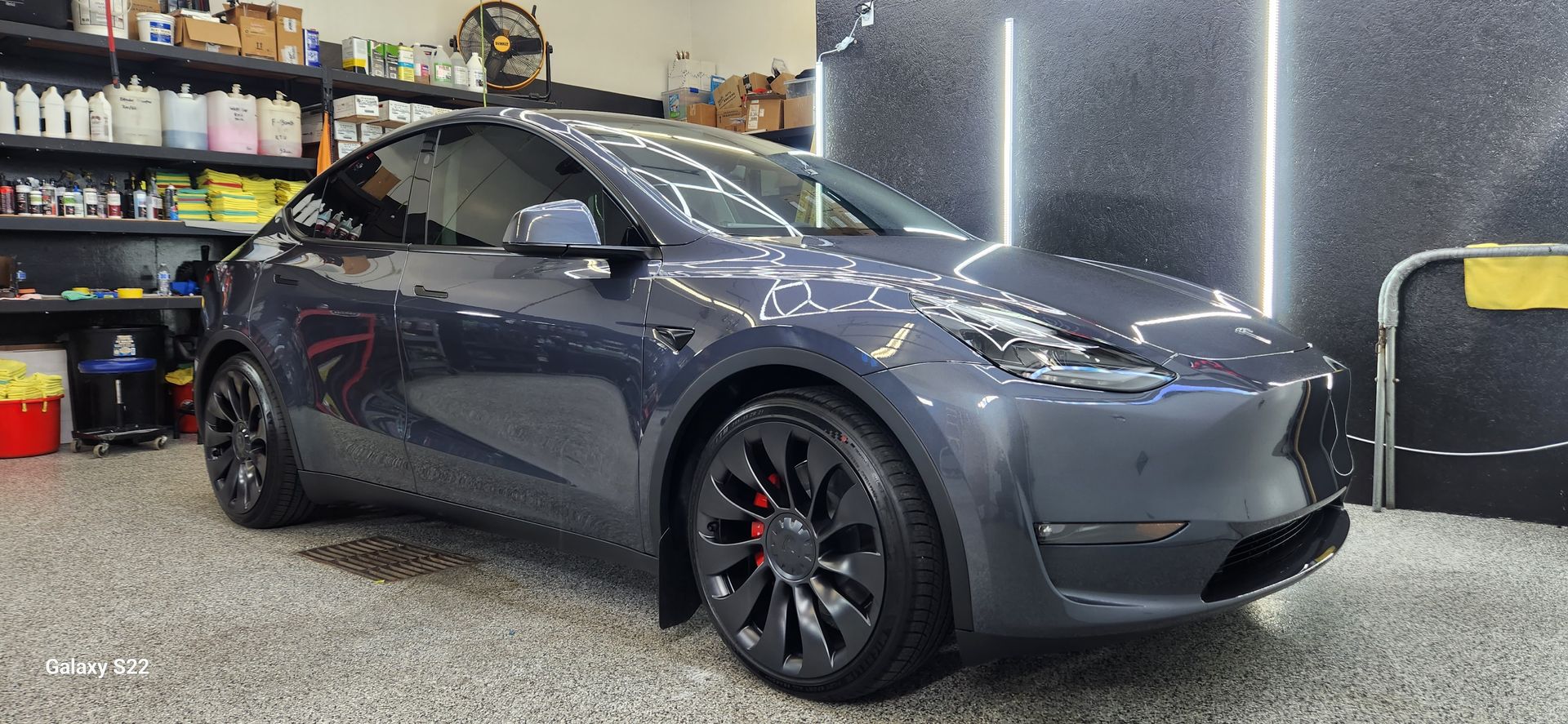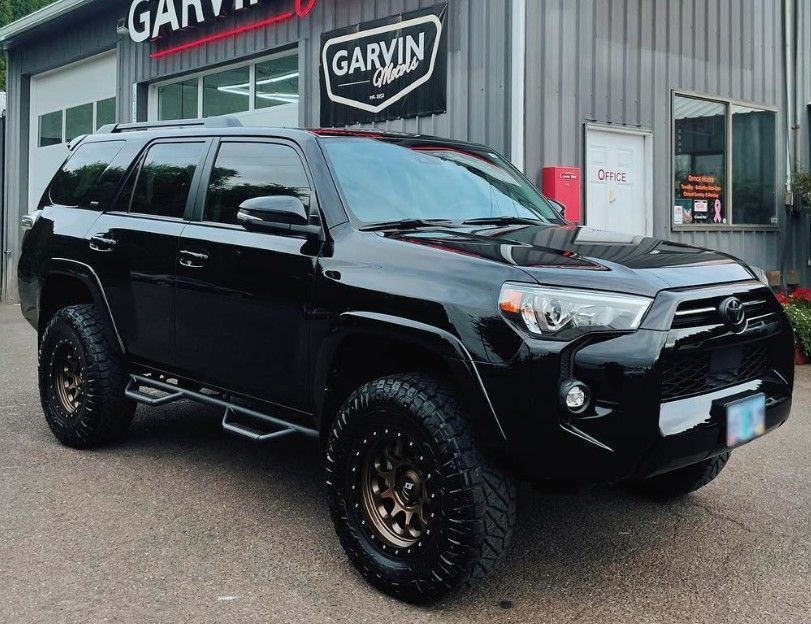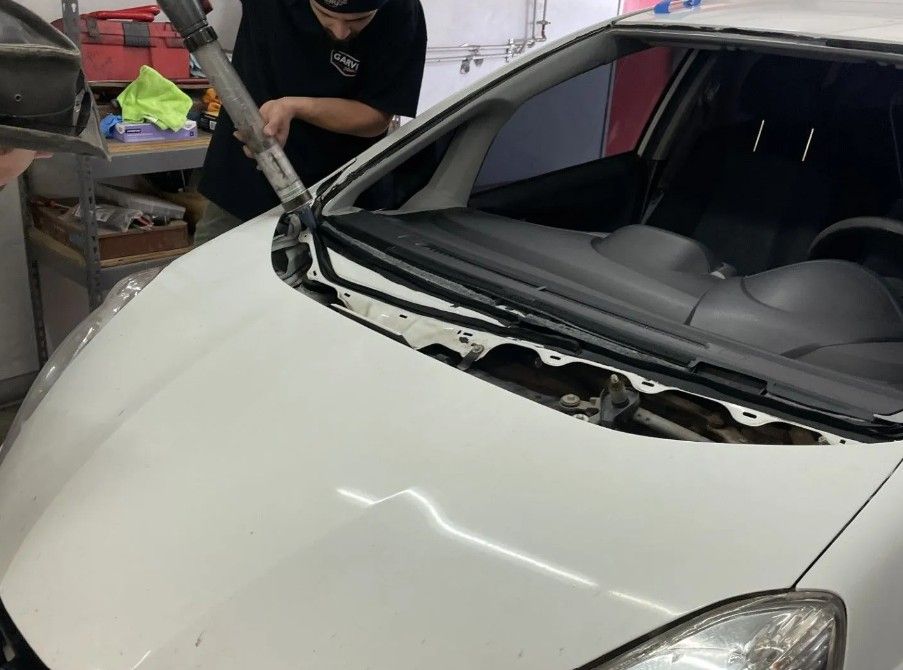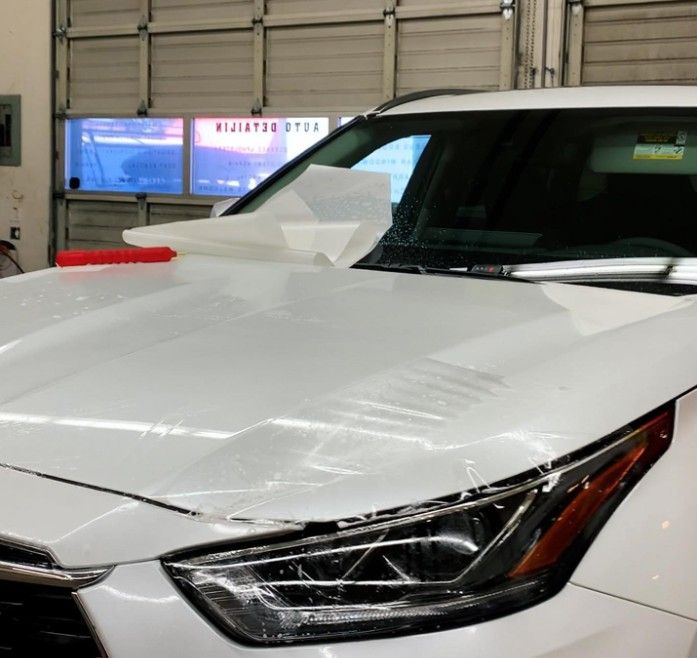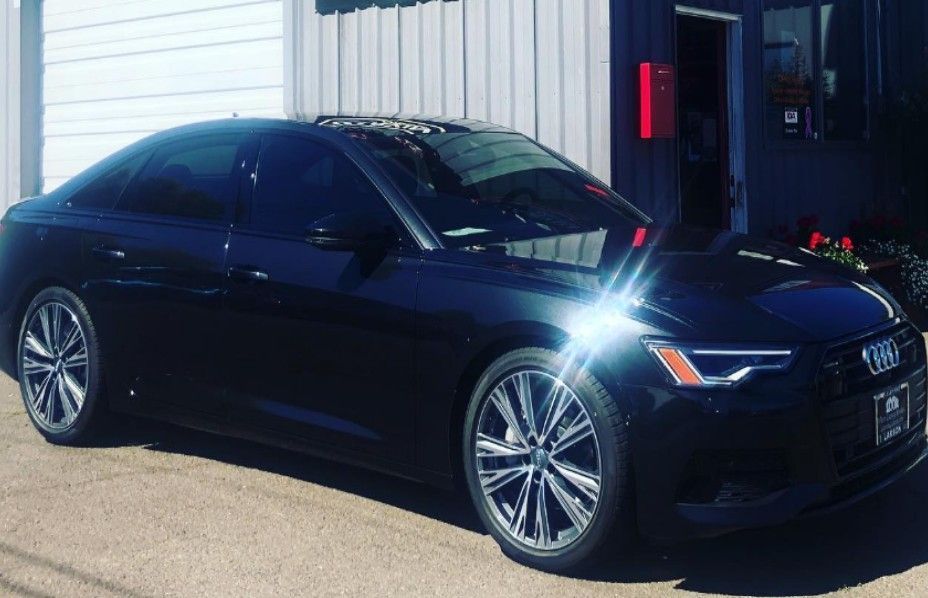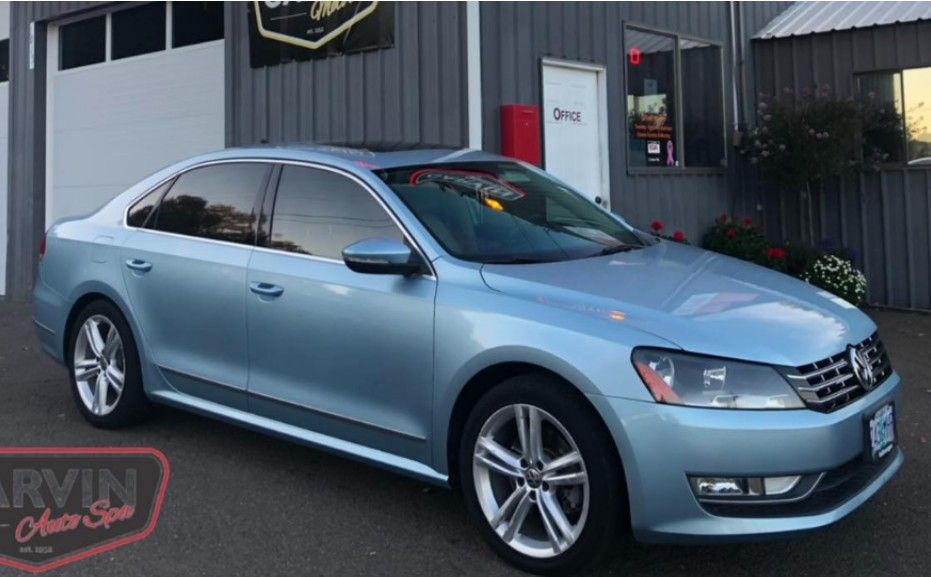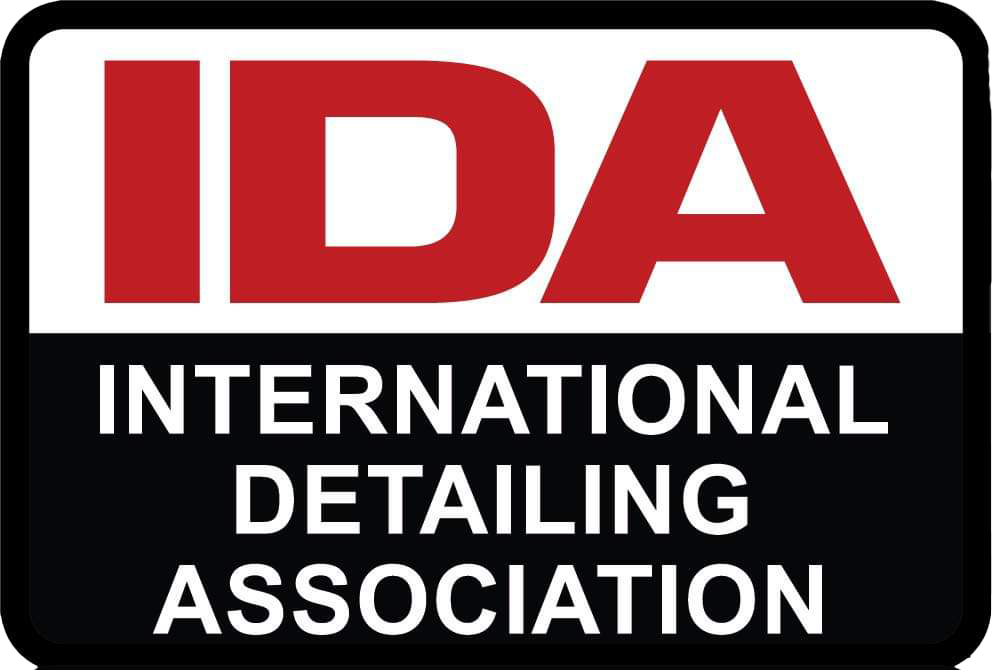Debunking Common Myths About Paint Protection Film: Facts vs. Misconceptions
When it comes to protecting your car’s paint, there are countless myths floating around that can make decisions confusing for owners. Many people think that paint protection film is only suitable for new cars or that it will damage the original paint. Others hold the belief that PPF is conspicuous and detracts from the sleek appearance of a vehicle. In this article, we will dispel these misconceptions by delving into the facts about PPF, highlighting its benefits for cars of all ages, and highlighting why it's a worthwhile investment.
Common myths about paint protection film include the beliefs that it is only for new cars, it damages your car’s paint, and it is noticeable and detracts from your vehicle's appearance. In reality, PPF benefits vehicles of all ages by preserving paint integrity, serves as a protective barrier without damaging the original surface, and features modern technology that allows for nearly invisible installation.
PPF for New and Pre-Owned Cars
Many people assume that paint protection film (PPF) is only worthwhile for brand-new vehicles. However, this is a misconception! PPF offers critical protection not only for the latest models but also for older vehicles in need of renewed care. Whether a car has minor surface imperfections or has been exposed to daily wear and tear, PPF can help minimize further damage. Over time, vehicles with PPF experience fewer paint chips, and their surfaces tend to stay cleaner due to the film’s smooth, hydrophobic properties. The benefits of PPF extend well beyond cosmetic appeal—it serves as a durable barrier against environmental elements that gradually degrade a vehicle’s finish. This advantage is particularly valuable for pre-owned cars, which are more vulnerable to existing imperfections. Every day, hazards such as road debris, UV radiation, bird droppings, and airborne contaminants can all contribute to paint deterioration. By applying PPF, you establish an added layer of defense that absorbs these impacts before they can affect the original paintwork. This enhanced protection allows vehicle owners to drive with greater confidence, knowing their car is safeguarded from common sources of wear and damage.
Moreover, many folks have misconceptions regarding how PPF impacts a car's appearance, thinking it detracts from the vehicle's allure. In reality, modern technology has advanced such that high-quality PPF is nearly invisible when properly applied. It blends seamlessly with all types of vehicles—be it a family minivan or a classic sports car—thereby preserving its original charm. You may worry that applying PPF will complicate maintenance routines, but it actually simplifies them! You can wash, wax, and polish your car just like before; however, you'll find it requires less effort to keep it looking sparkling clean due to that protective layer. Notably, when comparing costs for new versus pre-owned cars, PPF makes financial sense, too. For new vehicles, installation costs typically range between $1,500 and $3,000, depending on coverage areas. For older automobiles with existing wear—which is where PPF might demonstrate significant benefits, the average cost ranges from $1,000 to $2,500. The longevity of PPF application also speaks volumes: while new cars enjoy up to ten years of protection with proper care, older ones still benefit for around 3-7 years based on their prior condition. Taking these factors into account helps clarify the true value of adding this protective film to both new and pre-owned vehicles, allowing you to understand the potential advantages it can bring.
Cost and Long-Term Savings of PPF
While at first glance the price tag for applying paint protection film might raise some eyebrows—averaging between $1,500 and $3,500 depending on your vehicle's size and complexity—when you compare it to the potential costs involved in repainting your car, which can skyrocket anywhere between $3,000 and $10,000, the value becomes clearer. This upfront investment is not just a cost; it’s an effective shield against future expenses that can accumulate quickly. You see, every scratch or scuff—no matter how minor—can quickly escalate into a headache if not addressed properly. Regular paint touch-ups and repairs add up over time. With PPF, you can find comfort in the knowledge that the film functions as a protective layer for your vehicle's paint, thereby minimizing the frequency and necessity of these maintenance interventions. It is like having an insurance policy for your paintwork.
Moreover, consider resale value as another layer of savings. Cars with PPF can retain more of their original value compared to those without such protection. In real terms, this means you could stand to save between $2,000 and $3,000 when it's time to sell or trade in your vehicle. Over its average lifespan of 5 to 10 years, high-quality PPF can offer protection that translates to about $300 to $1,400 in yearly cost savings compared to vehicles without it, considering necessary upkeep and general wear and tear. In essence, you're not just preserving your vehicle; you're turning what could be an overwhelming expense into a straightforward investment with remarkable returns.
Durability of Modern PPF
The durability of modern paint protection film has significantly evolved, standing as a testament to ongoing advancements in technology. Gone are the days when car owners had to worry about their PPF yellowing or peeling after just a year or two of use. Today's films are engineered to combat these issues while also providing superior protection against the elements. It's remarkable how manufacturers have incorporated UV inhibitors and self-healing properties to enhance the longevity and performance of PPF. Older variants of PPF often succumbed to the harsh realities of sun exposure, leading not just to cosmetic damage but also affecting their protective capabilities. Imagine spending your money on a product that fails to perform its primary function—this was an all-too-common scenario for many drivers until recent technological breakthroughs emerged, changing the landscape entirely.
Key Features of Modern Durability
- Self-Healing Technology: Modern PPF is equipped with self-healing properties, a major advancement over traditional films. Minor scratches, swirl marks, and surface blemishes caused by routine washing or road debris can vanish with exposure to heat—whether from sunlight or a warm garage. This feature reduces the need for manual buffing or repairs and helps maintain a flawless finish over time.
- Superior UV Resistance: Unlike older PPF options that offered minimal protection against ultraviolet rays, modern films are engineered with advanced UV-blocking technology. This shields your vehicle's paint from the sun’s harmful rays, preventing oxidation and fading. As a result, the paint beneath remains vibrant and protected, preserving the vehicle’s showroom-quality appearance longer.
- Resistance to Yellowing: Traditional PPF often suffered from yellowing over time, particularly with prolonged sun exposure or environmental contaminants. Today’s high-quality films resist discoloration, thanks to improved materials and coatings that maintain clarity and transparency—even after years on the road.
- Extended Warranty and Longevity: One of the most reassuring aspects of modern PPF is its impressive durability. While traditional films may have only lasted 2–3 years, current options often come with warranties of up to 10 years or more. This increased lifespan reflects not only enhanced material quality but also a higher level of manufacturer confidence in product performance.
Today's PPFs boast improved resistance to yellowing and a significant increase in overall durability—offering longevity that can clock in at ten years or more. Such advancements foster confidence among car enthusiasts who appreciate both the aesthetic appeal and protective benefits that modern films deliver.
Real Protection Capabilities
Can paint protection film (PPF) genuinely safeguard your vehicle from debris, scratches, and environmental threats? Absolutely! Thanks to its innovative design and material composition, PPF serves as a highly effective defense layer for your car’s exterior. Every day driving often exposes vehicles to hazards such as pebbles, road salt, insects, and tree sap. In real-world conditions, cars equipped with PPF consistently show fewer paint chips, scratches, and blemishes compared to those without it. One of the key advantages of PPF lies in its thickness and flexibility. These properties allow the film to absorb and disperse impact energy, preventing it from transferring directly to the paint beneath. This impact absorption significantly reduces visible damage. For example, tests involving daily highway driving have demonstrated that vehicles with PPF experience notably less paint erosion than unprotected counterparts under identical conditions.
Modern PPF has also been tested for high-resistance performance, withstanding impacts from debris at highway speeds and maintaining its integrity without compromising the paint it shields. Beyond physical protection, PPF also serves as a barrier against environmental stressors, particularly UV rays. Prolonged sun exposure can cause fading, discoloration, and premature aging of automotive paint. With PPF in place, these effects are minimized, allowing your vehicle to retain its vibrant finish for years. Additionally, PPF simplifies ongoing maintenance. Contaminants such as dirt, bug splatter, and sap are less likely to adhere firmly to the film’s surface, making them much easier to wash away. This results in quicker, more efficient cleanings without the need for harsh scrubbing or chemical cleaners. Choosing to install PPF is more than a cosmetic enhancement—it’s a strategic investment in your vehicle’s long-term condition and resale value. Considering the rising costs of vehicle ownership, with average prices approaching $50,000, protecting that investment with PPF can offer significant returns in both aesthetics and preservation.
Maintenance Requirements
Maintaining PPF is more accessible than you might think, but it does require a little diligence. Regular washing is essential and should be done with a soft cloth along with a pH-neutral soap. This simple act keeps the film looking fresh and protects its integrity against environmental factors. As the weather changes, particles in the atmosphere can cling to your vehicle, and routine washing helps remove these contaminants before they can dull the surface of the PPF. The great news? Unlike untreated paint, which often requires regular waxing and polishing, PPF saves you time and effort in your cleaning routine. However, it's crucial to avoid harsh chemicals or abrasive pads when handling your PPF; these can severely damage the film's surface or even lead to peeling. Instead, opt for products designed specifically for vehicles with PPF, as they work harmoniously without compromising the film’s structure or appearance.
Additionally, being proactive about daily exposure will extend the life of your PPF. While modern formulations are robust against various weather conditions, it’s wise to park your vehicle in shaded areas whenever possible. Prolonged sun exposure can lead to heat damage or yellowing of the film over time, diminishing its aesthetic appeal and protective qualities. Think of it as putting on sunscreen for your car — both protect against harmful rays! Regular inspection should also be part of your maintenance strategy. Checking for scratches, bubbles, or any discoloration is crucial since early detection means easier repairs down the line, especially in high-stress areas like edges and curves where the film might be more vulnerable. By combining good parking habits with routine checks, you ensure your PPF performs at its best and continues to protect your vehicle for years to come.
Expert PPF Services in McMinnville, OR
At Garvin Auto Spa, protecting your vehicle’s finish is more than a service—it’s our specialty. Our premium paint protection film installations in McMinnville, OR, are designed to defend against chips, scratches, and the harsh effects of daily driving. With precision application and high-quality materials, we help ensure your car stays pristine and protected for the long haul. Contact Garvin Auto Spa today to schedule your PPF consultation!
